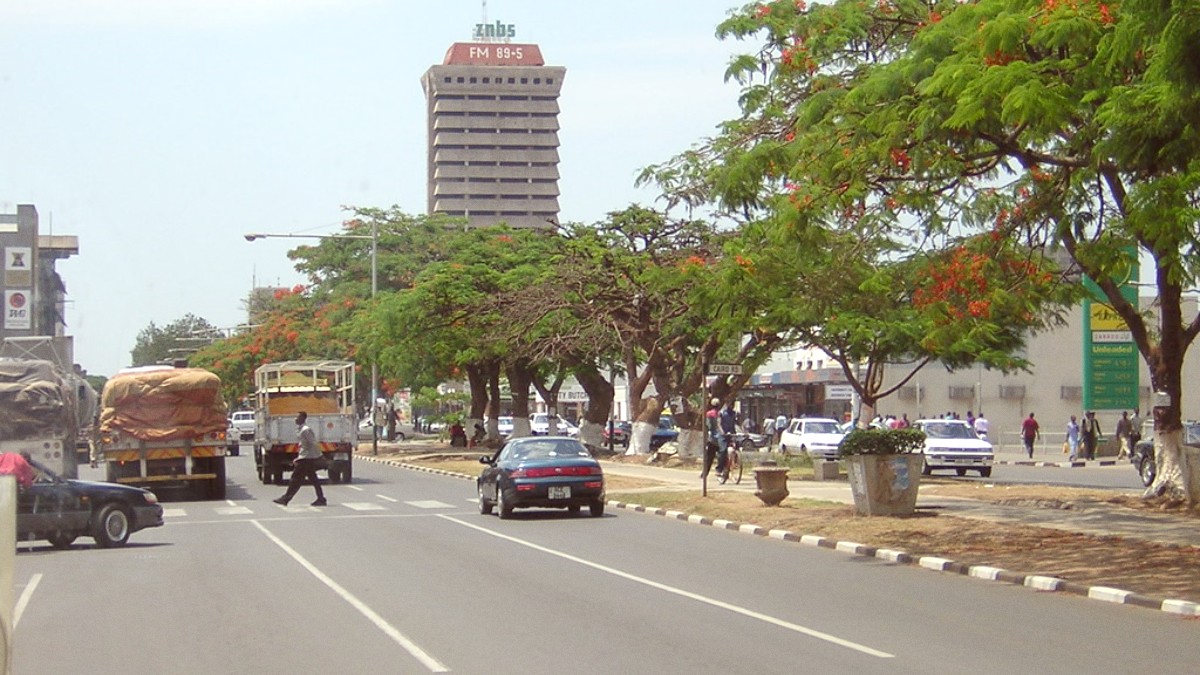
Zambia
Located on the city's outskirts, it functions as a protected area focused on species reintroduction and conservation, notably white rhinos. Your visits contribute to these efforts.
A wildlife sanctuary and botanical garden, also engaging in animal rehabilitation and environmental education. A pleasant environment for a relaxed visit.
Seek opportunities to learn about and support other local conservation initiatives. Many small organizations work to protect Zambia's diverse ecosystems.
Waste management in Lusaka presents a challenge. Littering is common, and formal recycling infrastructure is limited outside of a few private initiatives. Take action to minimize your environmental footprint.
Minimize your waste while traveling. Avoid single-use plastics where possible. Carry a reusable water bottle and fill it with purified water. Use a reusable shopping bag for purchases at markets or stores.
Lusaka's water resources face pressure due to urbanization and climate patterns. Be mindful of your water usage. Take shorter showers, turn off taps when not in use, and avoid wasting water.
Consider supporting carbon offset programs for your international flights. Many airlines present options to purchase carbon offsets at the time of booking.
When booking, seek accommodations and tour operators that emphasize their commitment to environmental sustainability. This manifests through certifications, stated policies, or responsible practices. Inquire about their methods before booking.
Responsible travel choices lessen your environmental impact and nurture local conservation efforts.
Cultivating respect in interactions.
Support local craftspeople at places like Kabwata Cultural Village. Your purchases directly fund local artisans.
Dress modestly, specifically in traditional areas, local markets, or religious sites (shoulders and knees covered). Always ask for permission before taking photographs of people. A simple verbal request or gesture typically suffices.
Respect privacy. If someone declines a photo, respect their decision immediately. Be especially cautious when photographing children. Seek permission from a parent or guardian before taking their picture.
Always ask permission before taking photos of individuals.
Avoid photographing military installations, police, or government buildings.
Seek parental consent before photographing children.
Engaging with local culture thoughtfully deepens your travel and builds positive connections.
Ensuring your travel contributes positively to the local economy.
Seek opportunities to support local small businesses, independently run guesthouses, and local guides. This confirms your money directly benefits Zambians.
Buy directly from local artisans, especially at places like Kabwata Cultural Village, to confirm they receive a fair price for their work. This directly supports local livelihoods.
Be aware of child begging and avoid giving money directly. This unintentionally prolongs the problem or encourages children to remain out of school. Consider donating to reputable charities supporting children's education or welfare instead.
These activities damage local communities and hold serious legal consequences.
If you wish to make a charitable contribution, do so through established and reputable non-governmental organizations (NGOs) or community projects, rather than giving money directly to individuals on the street.
Research organizations working in areas like education, health, or conservation.
This verifies your contribution has a sustainable and impactful effect.
Avoid direct cash donations to individuals; use established channels for impact.
Direct giving to beggars can unintentionally perpetuate cycles of poverty and remove children from school. Supporting established charities is always recommended for long-term benefit.
Your spending choices contribute to local livelihoods and sustainable development. Support ethical practices.